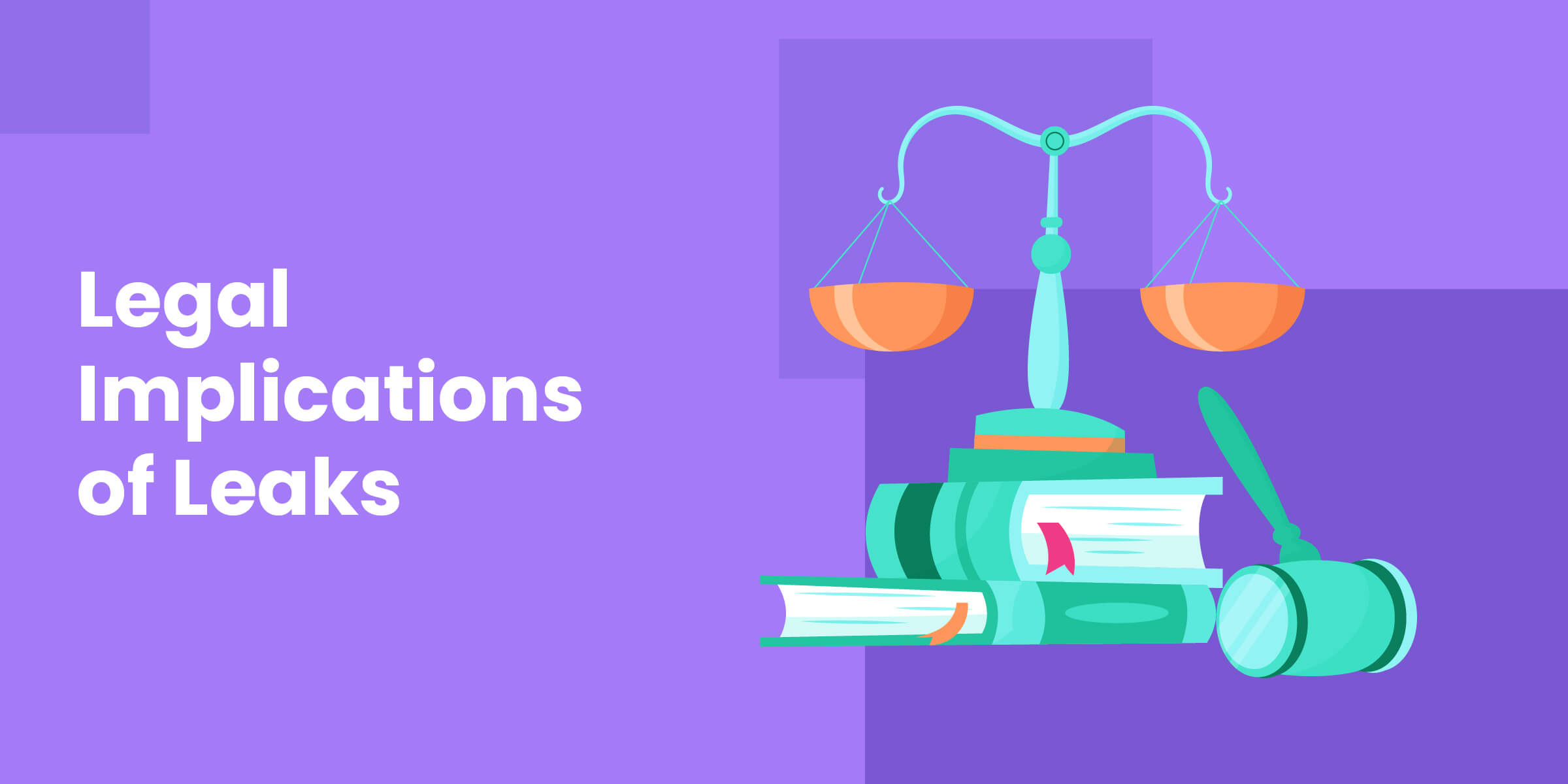The rapid expansion of creator platforms like OnlyFans has introduced a novel set of legal complexities, challenging established frameworks and demanding new interpretations. As individuals like "Sakimo" leverage these digital spaces for content creation and income generation, the intersection of personal enterprise and global regulation becomes a critical area of scrutiny, raising questions about jurisdiction, content standards, and creator responsibilities.
Editor's Note: Published on November 19, 2023. This article explores the facts and social context surrounding "sakimo onlyfans the legal implications".
The Digital Frontier and Creator Economy Genesis
The rise of platforms such as OnlyFans signifies a fundamental shift in the digital economy, empowering individuals to monetize direct engagement with an audience. Creators, often operating under pseudonyms like "Sakimo," build communities and generate revenue through subscriptions and bespoke content. This model, while offering unprecedented financial autonomy, simultaneously places creators at the vanguard of evolving legal challenges. The inherent global nature of the internet means content produced in one locale can be accessed worldwide, creating a mosaic of legal obligations that rarely align perfectly across borders.
"The traditional legal constructs, designed for physical boundaries and established industries, often struggle to keep pace with the fluid, borderless nature of the digital creator economy. This disparity creates significant grey areas for both platforms and individual creators," remarked a leading digital law expert, highlighting the systemic challenge.
Navigating Jurisdictional Labyrinths
Perhaps the most intricate legal hurdle for creators on platforms like OnlyFans is the issue of jurisdiction. A creator operating as "Sakimo" might reside in one country, produce content under the terms of a platform headquartered in another, and have subscribers spanning dozens of nations, each with its own distinct legal framework. This setup creates a complex jurisdictional labyrinth for issues ranging from copyright infringement to content legality. For instance, content deemed acceptable in one country might be illegal in another, exposing the creator to potential legal action from a subscriber's home country, regardless of where the content was originally uploaded.

